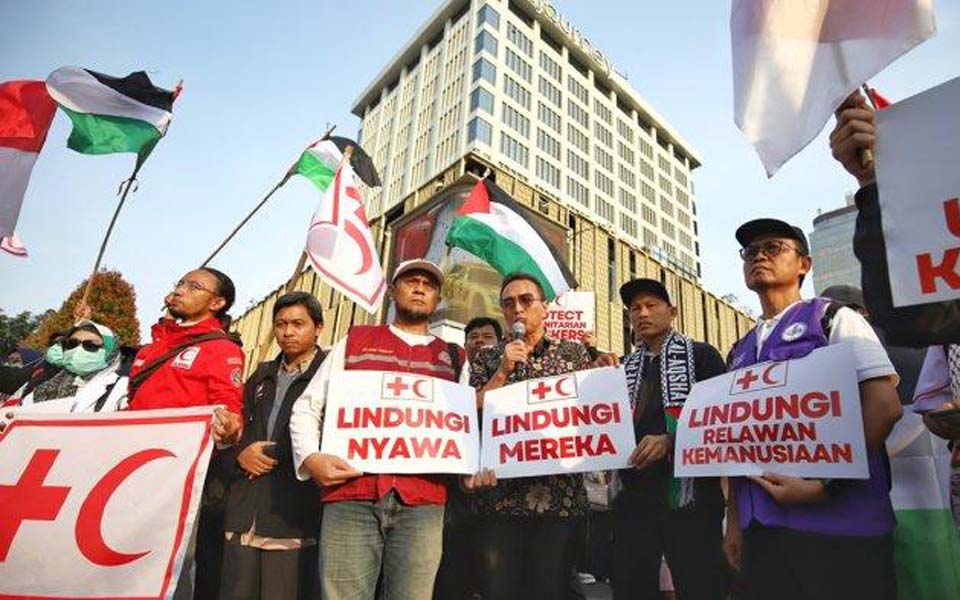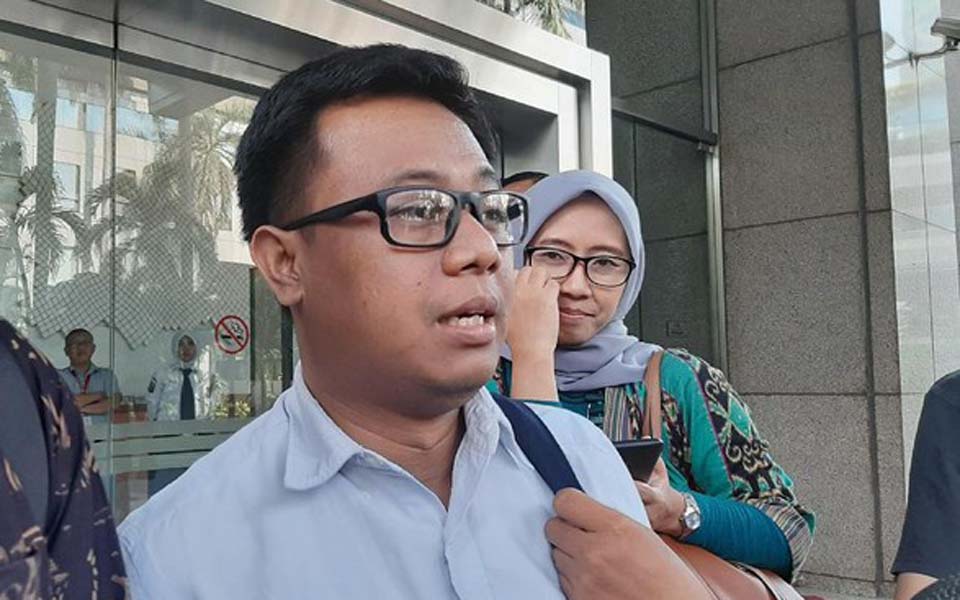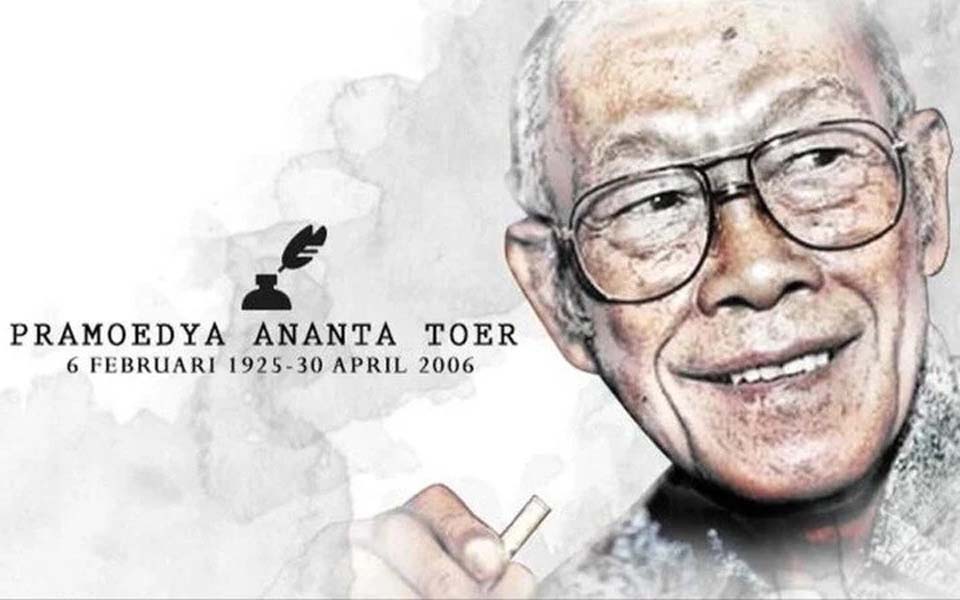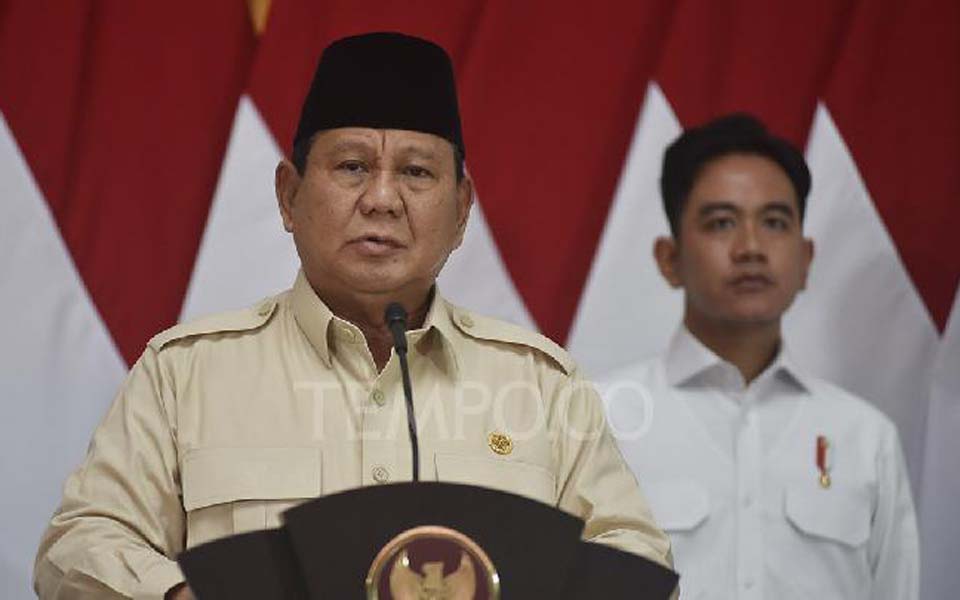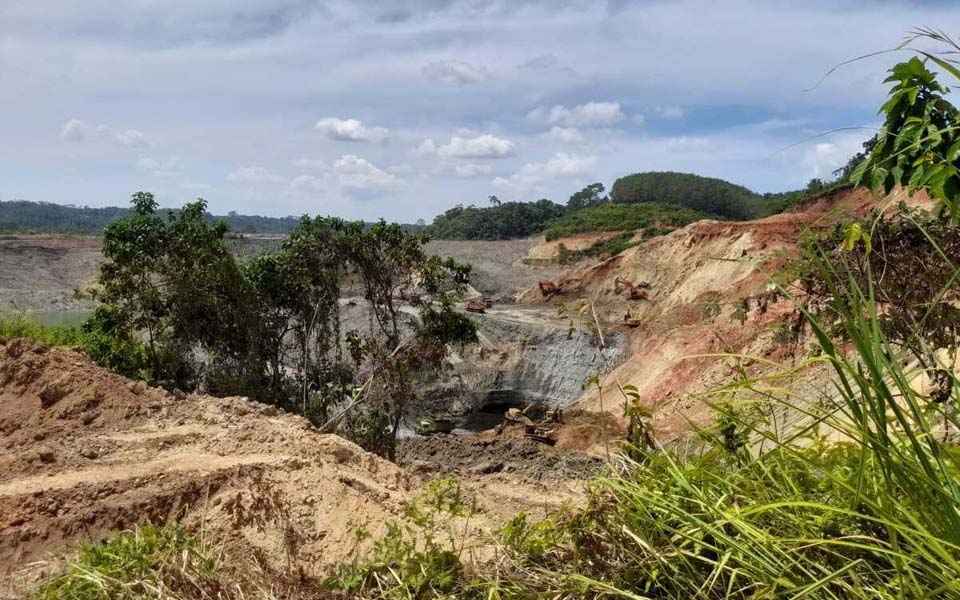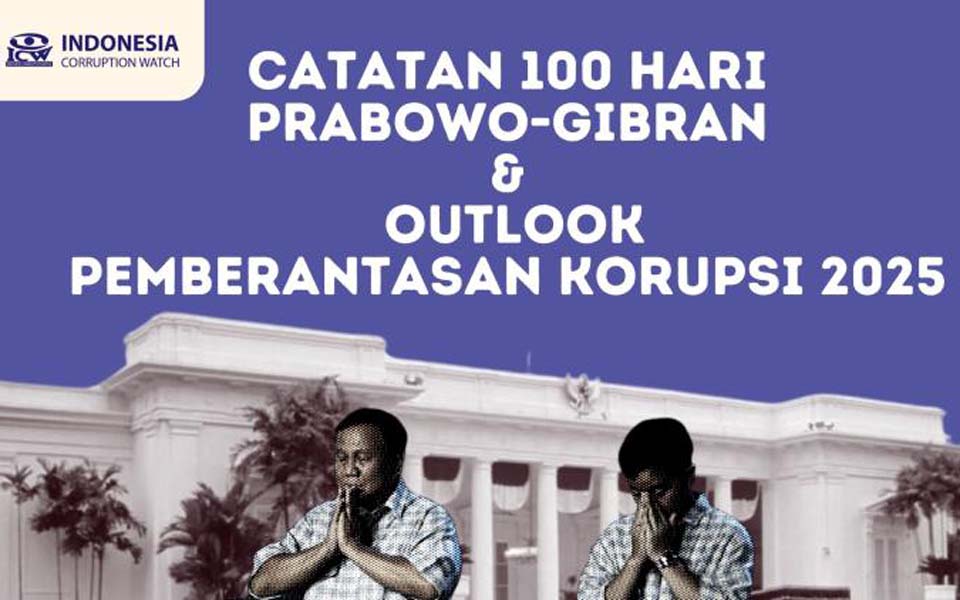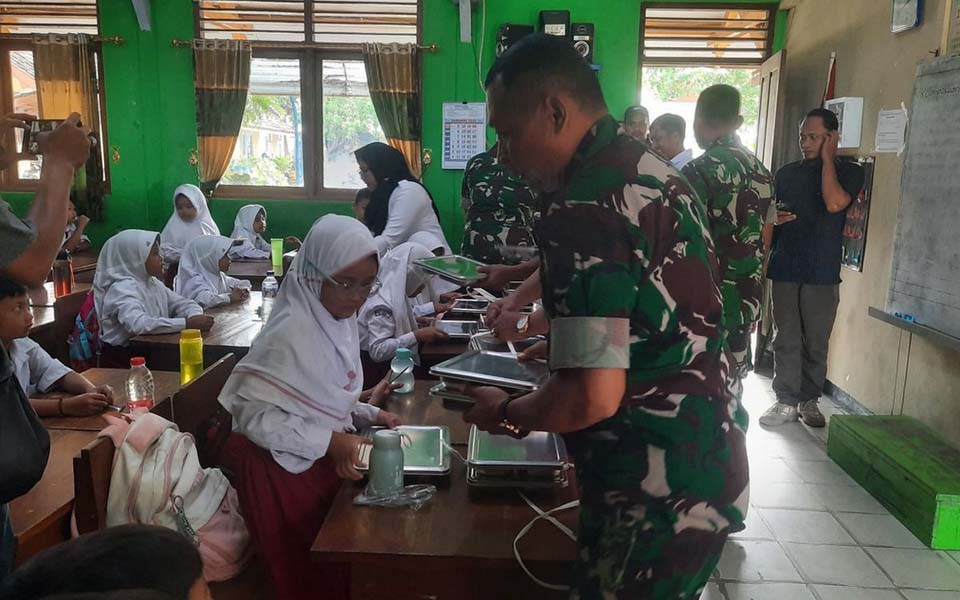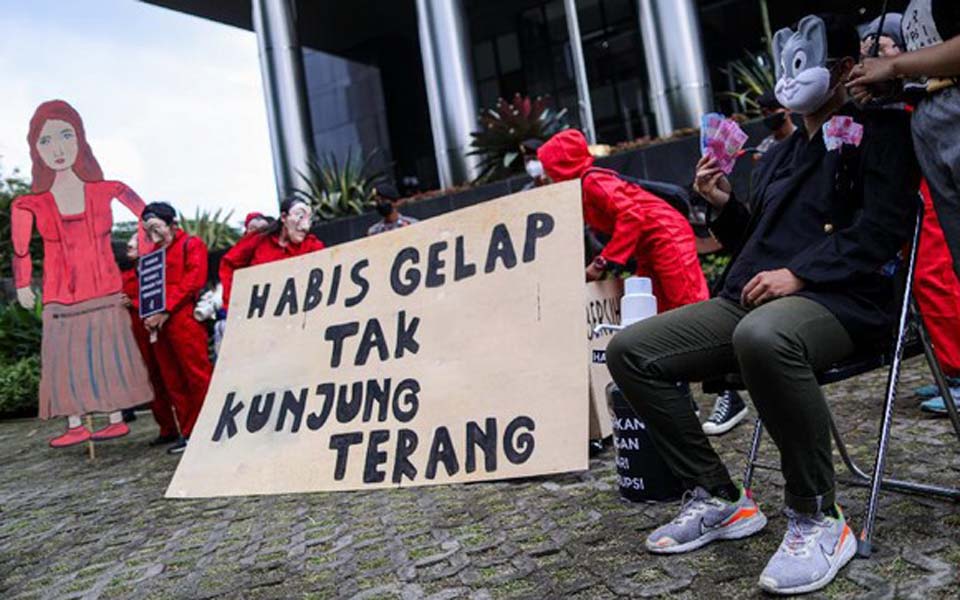Irfan Kamil, Jakarta – The Civil Society Coalition for Health and Justice has criticised the government's policy of reducing the price of Covid-19 polymerase chain reaction (PCR) tests in a way which does not reflect the principles of transparency and accountability.
This was conveyed by one of the coalition members, Indonesia Corruption Watch (ICW) researcher Wana Alamsyah. The Indonesian Legal Aid Foundation (YLBHI), the volunteer group LaporCovid-19 and the Lokataru Foundation are also part of the Coalition.
"It is suspected that this policy is just to accommodate the interests of certain groups which own health equipment businesses, especially when the PCR became a requirement for all modes of transportation", said Alamsyah in a press release on Sunday October 31.
The stipulations on the price of PCR tests have changed several times.
At the start of the pandemic, the PCR test tariff was not controlled by the government and its price was very high, as much as 2.5 million rupiah.
Then in October 2020 the government set the maxim price of a PCR test at 900,000 rupiah.
A month later the price went down again to between 495.000 and 525.000 rupiah after widespread public criticism comparing the price of tests in Indonesia with the much lower price in India.
"Finally, on October 27 the government reduced the price to between 275,000 and 300,000 rupiah", said Alamsyah.
Meanwhile, said Alamsyah, the Financial and Construction Supervisory Agency (BPKP) and the Health Ministry have never provided any information whatsoever on the types of PCR test components which are so expensive.
Based on information obtained by the Coalition, as of October 2020 the price of PCR reagents are only around 180,000 rupiah per test.
So when the government set the price at 900,000 the reagent component of the test amounted to only 20 percent of the cost.
The price of other components has also not been revealed transparently so the reduction in the cost of tests has no clear bases.
"Likewise with the reduction in the price of PCR tests to 300,000 rupiah, it was also not based on information transparency, so policy decisions can be taken based on the interests of certain groups", said Alamsyah.
"Meaning that since October 2020, the government is suspected of accommodating the interests of certain groups", he said.
According to Alamsyah, when the tariff on PCR tests was reduced the government did not use the principle of a public healthcare emergency but instead prioritised the interests of certain business groups.
From the series of PCR test price changes, from the first to the last, the Coalition has recorded that more than 23 trillion rupiah has circulated through the business.
"The total potential profits gained are around 10 trillion rupiah or more", he said.
On the other hand, Alamsyah also criticised the plan to require PCR test for passengers on all modes of transport, explaining that the circulation of money and potential profits will rise sharply if this stipulation is applied.
This situation shows that the government has failed to provide health guarantees to its citizens. Alamsyah believes that the government is actually capable of providing PCR test services free to the public.
Based on the budget for dealing with the Covid-19 pandemic in the health sector for 2020, it is known that realised budgetary use for the health sector was only 63.6 percent of the 99.5 trillion rupiah budget.
"The financial situation this year is likewise. As of October 15 it is known that out of the 193.9 trillion rupiah budget allocation for handling Covid-19 for the health sector, only 53.9 percent has been absorbed", said Alamsyah.
[Translated by James Balowski. The original title of the article was "Koalisi Kritik Penurunan Harga Tes PCR yang Tidak Transparan dan Akuntabel".]






